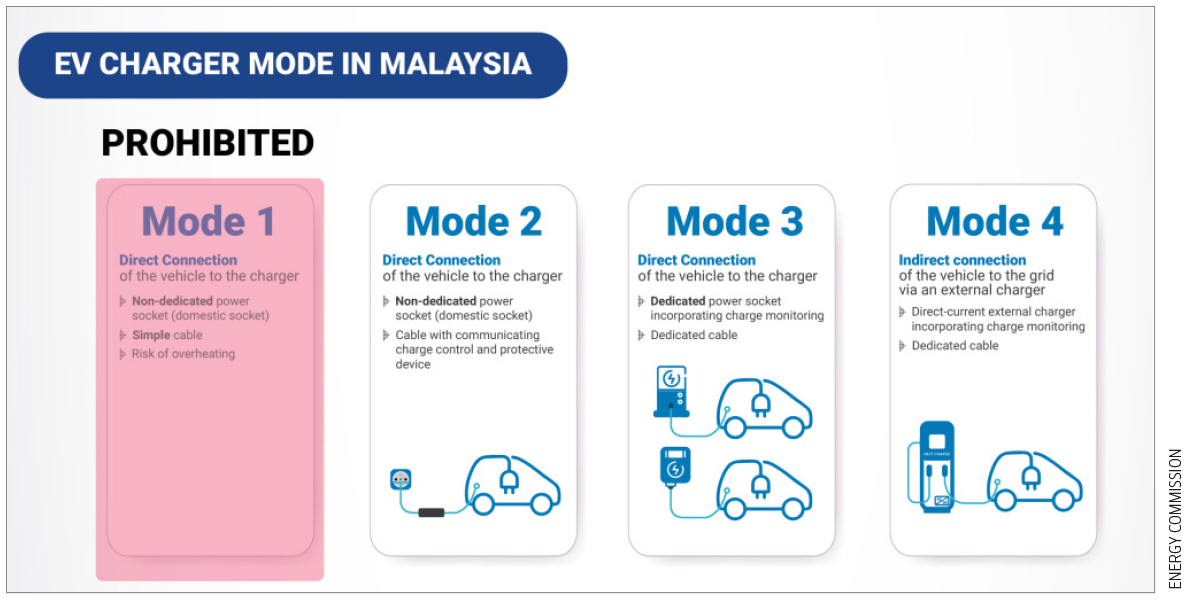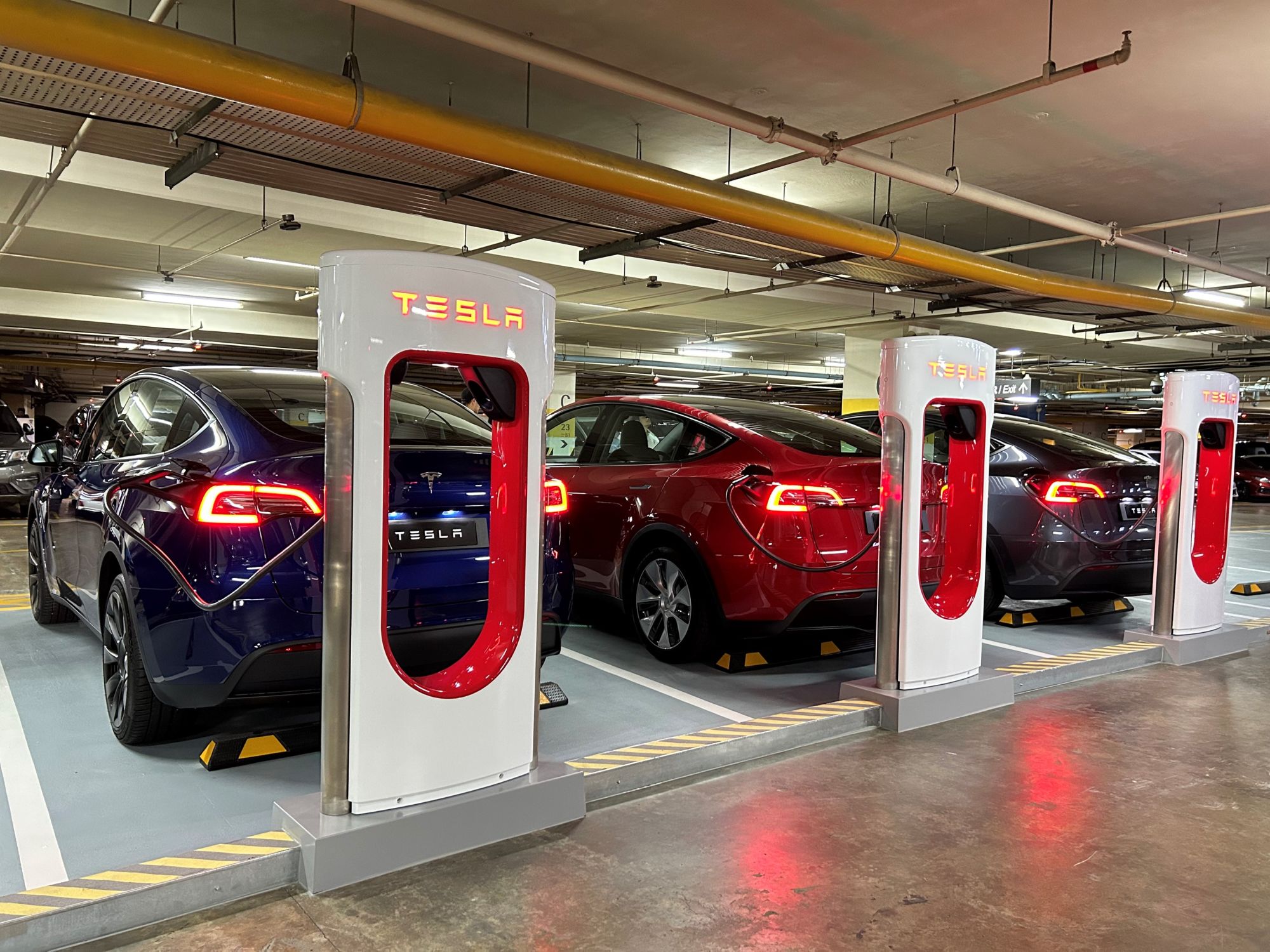- 管理員
- Feb 24, 2024
- 汽車新聞
- Read: Small Medium Large
Around 90% Public of EV Charger Are Not Licensed
When news of an electric vehicle (EV) catching fire at an unlicensed charging station in Johor Bahru broke in mid-January, questions were raised as to whether unlicensed EV public chargers should be shut down. The problem is that most public EV chargers in Malaysia are still unlicensed, and the Energy Commission’s (ST) deadline for charging points to be licensed by March 2023 has come and gone. According to the ST’s website (as of February 2), only 223 charging points are licensed. This is out of the 2,020 public EV charging stations currently available, based on the Malaysia EV Charging Network dashboard. The ST cited inaccurate data and incomplete submissions as some of the challenges leading to the delay. An additional requirement was included in December last year, which further lengthened the time needed for charge point operators (CPO) to comply. From the CPOs’ perspective, the application time is long and the preparation of documents is time-consuming. Clearly, more communication and collaboration are needed to ensure that the public EV charging points in Malaysia are safe for use.
Lee Yuen How, managing director of EV Connection Sdn Bhd, a CPO and owner of the JomCharge EV Charging Network, emphasizes the importance of proper standards in the design and installation of electric circuits for EV chargers. Correct electrical wiring and protection devices are essential at charging stations to prevent the risk of fire due to overload or electric shock. These safety requirements are part of the ST’s EV Charging System (EVCS) license application. Lee also highlights cases where non-competent installers used incorrect wire gauge, resulting in cable burning and power supply tripping at customer premises.

Other safety requirements include isolation switches, fire safety blankets, and fire extinguishers at all charging sites. Additionally, the new requirement introduced by the ST in December 2023 mandates that each charging site must have its own Tenaga Nasional Bhd electricity meter or the building owner should possess an ST Public Distribution License. This has led many CPOs to reapply for the EVCS license, including chargEV, a brand under Yinson GreenTech, which is now installing meters across their 400 charging points in Malaysia¹.
Ensuring the safety and compliance of EV charging infrastructure is crucial for the growing adoption of electric vehicles in Malaysia. Collaborative efforts between regulators, operators, and installers are essential to address these challenges and provide a reliable and secure charging network for EV users.




